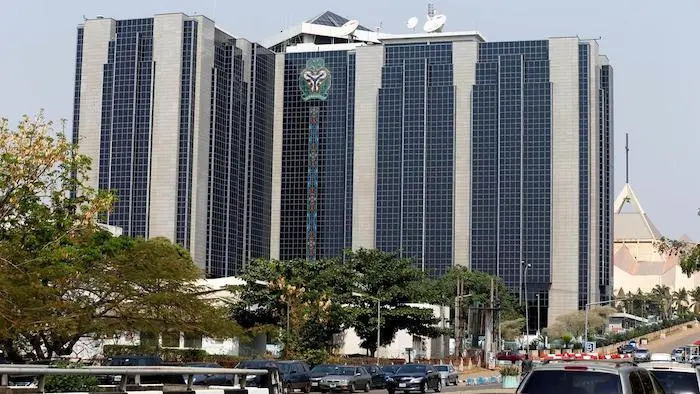The Central Bank of Nigeria (CBN) has launched three major initiatives aimed at enhancing financial inclusion across the country. These initiatives were introduced during the second edition of the International Financial Inclusion Conference (IFIC), held in Lagos under the theme “Inclusive Growth: Harnessing Inclusion for Economic Development.” The conference served as a platform for stakeholders to discuss ways to bridge financial gaps, especially among vulnerable groups such as women, youths, and small and medium enterprises (SMEs), who are identified as the most financially excluded demographics in Nigeria.
The newly unveiled initiatives include the Women Financial Inclusion Dashboard, which focuses on highlighting and addressing gender disparities in access to financial services. Additionally, the Women Entrepreneurs Finance Code aims to support women-owned Micro, Small, and Medium Enterprises (MSMEs) by providing better financing opportunities. The third initiative, the Roadmap for Financial Inclusion of Forcibly Displaced Persons (FDPs), is designed to collaborate with financial institutions, regulatory bodies, and NGOs to help FDPs overcome financial hurdles, access essential services, and work towards economic independence.
During the conference, CBN Governor Olayemi Cardoso emphasized the importance of the recent adjustment in capital requirements for banks as a strategy to boost financial inclusion. He noted that this measure ensures that banks are adequately capitalized, allowing them to extend more credit to underserved markets, including rural communities and MSMEs. Cardoso highlighted that stronger capital reserves would enable banks to invest in technology and innovations like mobile money, enhancing digital financial services and contributing to broader economic growth.
The event also featured remarks from the World Bank Country Director for Nigeria, Dr. Ndiame Diop, who outlined the partnership between the World Bank and CBN in improving financial sector regulations and consumer protection. Diop pointed out the need to address issues such as transaction failures and the regulation of microfinance, which are critical to achieving financial inclusivity. He expressed optimism about the impact of the new initiatives, particularly the Women Entrepreneurs Finance Code, in narrowing the gender gap and fostering economic participation. The Lagos State Governor, represented by Deputy Governor Obafemi Hamzat, reiterated the importance of financial inclusion in achieving the nation’s ambitious economic goals, highlighting the need for a balance between technological advancements and a human-centric approach to development.





